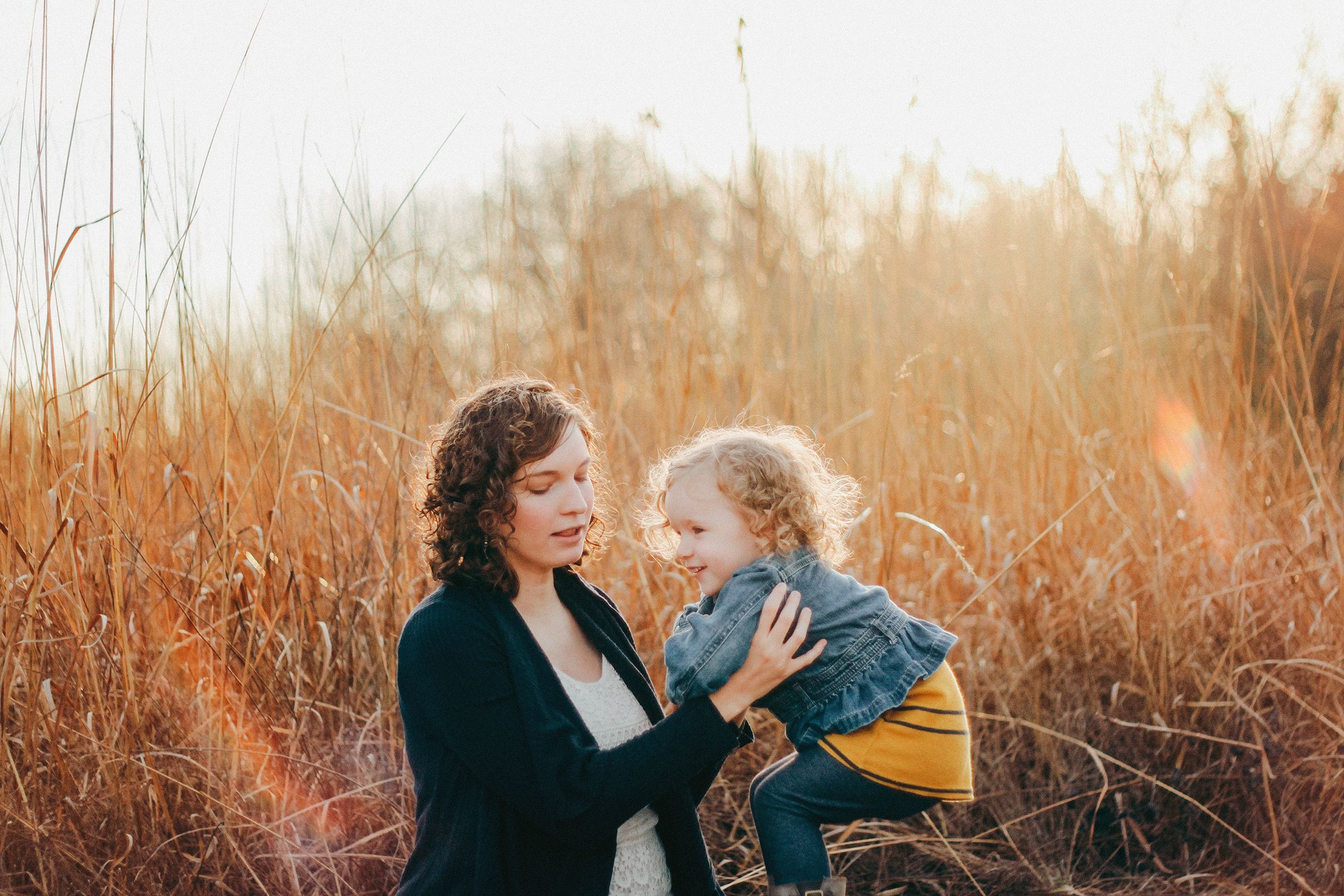
Summary
Delivery of the intervention: Group-based
Aim of the intervention: The aim of the intervention is to strengthen positive parenting methods with their children who display behavioural problems, thereby strengthening the child’s self-esteem and coping in everyday situations.
Description of the intervention: The incredible years is a group-based intervention for parents of 3–12 years old children, who display behavioural problems or have a behavioural disorder. The intervention lies on the theories of social learning, attachment relationship and cognitive-behaviour as well as on research-based knowledge on prevention and treatment of behavioral problems. Peer groups are led by two professionals working with child families, who have received Incredible Years group leader –training. The topics are dealt with according to structured methods in the parent groups. The peer groups father weekly 12–20 times, and the aim of the groups is for parents to learn new methods of parenting. The emphasis on shared activity for the child and parents, setting boarders, controlling the child’s behavior and the parents’ empathy towards the child. The parents are supported, eg. in weekly phone calls, in their adopting the new parenting skills.
Availability of the intervention in Finland: Professionals working with child families can receive a parent group leader –training. The Research Center for Child Psychiatry at the University of Turku organizes the training, and background for the material and contents of the training lies partly on international co-operation. The intervention is a part of a series of interlocking, evidence-based Incredible Years methods that have been developed in the USA. In Finland, the intervention is used in the child family services.
Research- and evidence-based efficacy of the intervention: There is an international meta-analysis of the intervention (Menting et al. 2013), RCT-studies (e.g. Scott et al. 2014) and reviews. There are also a Nordic RCT-study on the interventions (Axberg & Broberg 2012; Larsson et al. 2009; Stattin et al. 2015). The intervention has been shown to effectively reduce the child’s aggressiveness (Larsson et al. 2009), behavioural problems (Axberg & Broberg 2012; Karjalainen et al. 2016) and parents’ perceived stress (Larsson et al. 2009; Stattin et al. 2015) compared to the control group. In addition, the intervention has been found to increase the parents’ perceived competence (Stattin et al. 2015). There is abundant research-based evidence of effectiveness of the intervention.
Literature:
- Axberg, U. & Broberg, A. (2012). Evaluation of ‘‘The incredible years’’ in Sweden: The transferability of an American parent-training program to Sweden. Scandinavian Journal of Psychology, 53, 224–232.
- Karjalainen, P., Santalahti, P. & Sihvo, S. (2016). Vaikuttavatko vanhemmuustaitoja tukevat ohjelmat lapsen käytöshäiriöiden ja -ongelmien ehkäisyssä ja vähentämisessä? Duodecim, 10, 967–974.
- Larsson, B., Fossum, S., Clifford, G., Drugli, M. B., Handegård, B. H. & Morch, W-T. (2009). Treatment of oppositional defiant and conduct problems in young Norwegian children: Results of randomized controlled trial. European Child and Adolescent Psychiatry, 18, 42–52.
- Menting, A. T., de Castro, B. O. & Matthys, W. (2013). Effectiveness of the Incredible years parent training to modify disruptive and prosocial child behavior: A meta-analytic review. Clinical Psychology Review, 33, 901–913.
- Scott, S., Briskman, J. & O’Connor, T. G. (2014). Early prevention of antisocial personality: long-term follow-up of two randomized controlled trials comparing indicated and selectiveapproaches. American Journal of Psychiatry, 171, 649–657.
- Stattin, H., Enebrink, P., Özdemir, M. & Gianotta, F. (2015). A national evaluation of parenting programs in Sweden: The short-term effects using an RCT effectiveness design. Journal of Consulting and Clinical Psychology, 83(6), 1069–1084.